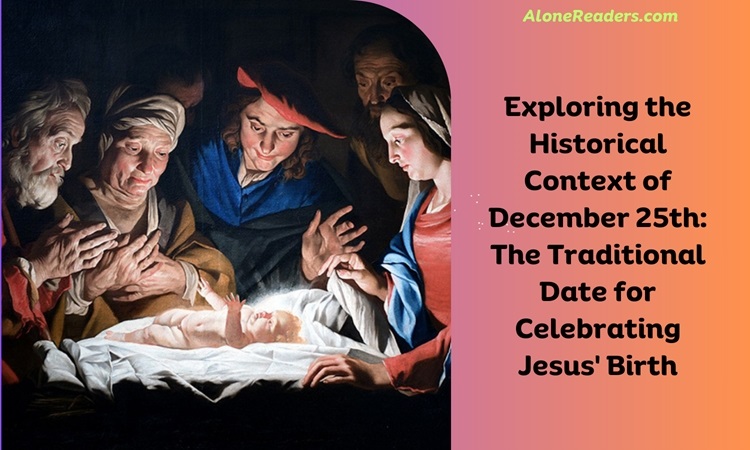
In the hearts of many Christians around the world, December 25th holds a special place as the day to celebrate the birth of Jesus Christ. However, the selection of this date is steeped in historical complexities and cultural influences that extend far beyond its religious significance. The journey of this date, from its inception to its contemporary acceptance, offers a fascinating glimpse into the interplay of religious traditions, historical uncertainties, and cultural adaptations.
The earliest records indicating December 25th as the birthday of Jesus trace back to the fourth century A.D., over three centuries after his purported birth. This delay in pinpointing a specific date for such a pivotal event in Christian theology is telling. It underscores the lack of a consensus among early Christians about the exact timing of Jesus' birth. In the absence of concrete historical evidence, different Christian communities celebrated it on various dates, with some early sources suggesting a springtime birth.
One of the most intriguing aspects of the December 25th date is its proximity to Saturnalia, a Roman festival dedicated to Saturn, the god of agriculture. Saturnalia, celebrated in late December, was marked by festivities, gift-giving, and a temporary subversion of social norms. The adoption of December 25th by Christians may have been influenced by the prevailing cultural and religious practices of the Roman Empire, where Christianity was gradually becoming the dominant faith. This strategic choice could have been a means to ease the transition for converts accustomed to pagan traditions, effectively blending Christian beliefs with existing winter celebrations.
The debate over the date of Jesus' birth is not just a historical curiosity but reflects broader themes in early Christian history. The lack of a universally accepted date in the early years of Christianity is indicative of the diverse and often localized nature of early Christian practices and beliefs. This diversity is further exemplified by the fact that many Orthodox Christians, following the Julian calendar, celebrate Jesus' birth on January 6th or 7th, a tradition that continues to this day.
From a historical perspective, determining the exact date of Jesus' birth presents numerous challenges. The Gospels, the primary sources for Jesus' life, do not provide specific dates for his birth. Moreover, various historical records from the period offer limited and sometimes contradictory information. Scholars have attempted to deduce the likely time frame of Jesus' birth based on details like the reigns of historical figures mentioned in the biblical narratives. Most estimates place Jesus' birth around 4 B.C., a dating that aligns with the reign of King Herod the Great, who is said to have ordered the Massacre of the Innocents around the time of Jesus' birth.
The ongoing scholarly debate regarding the precise date of Jesus' birth underscores the complexity of reconstructing historical events from ancient texts and traditions. While the exact date may remain elusive, the significance of Jesus' birth in Christian theology and its impact on world history is indisputable.
In conclusion, the selection of December 25th as the day to celebrate Jesus' birth is a product of historical, cultural, and religious amalgamation. While it is unlikely that this date corresponds to the actual day of Jesus' birth, its symbolic importance has transcended historical accuracy, embedding itself deeply in Christian tradition and global culture. As with many aspects of religious history, the focus often shifts from factual precision to the deeper meanings and traditions that these dates come to represent for millions of believers worldwide.